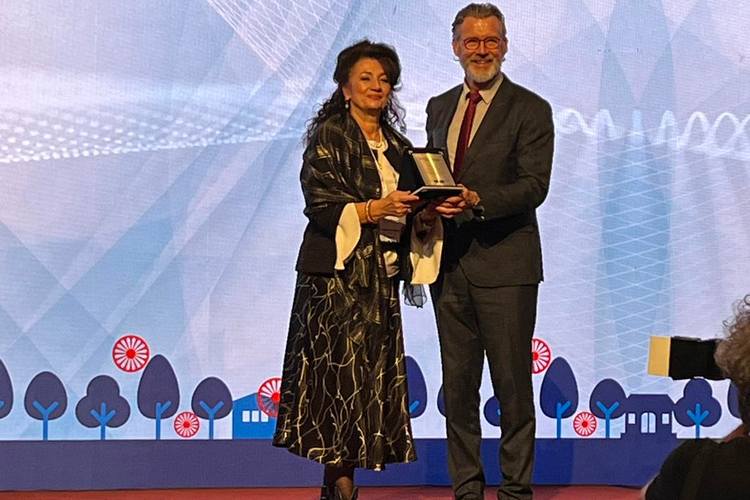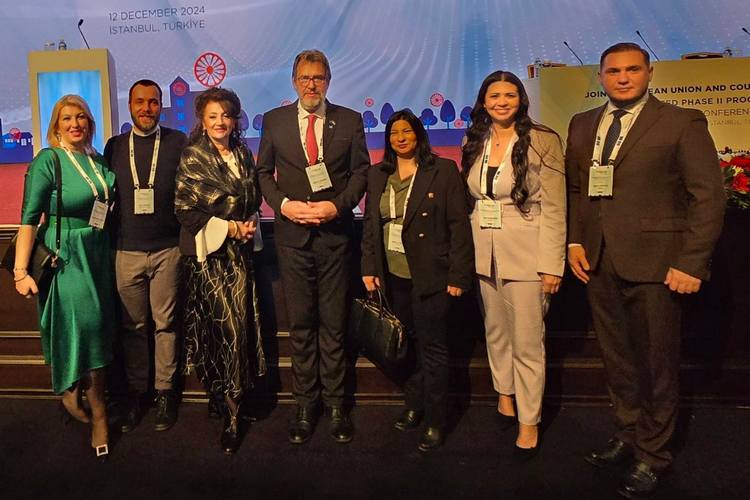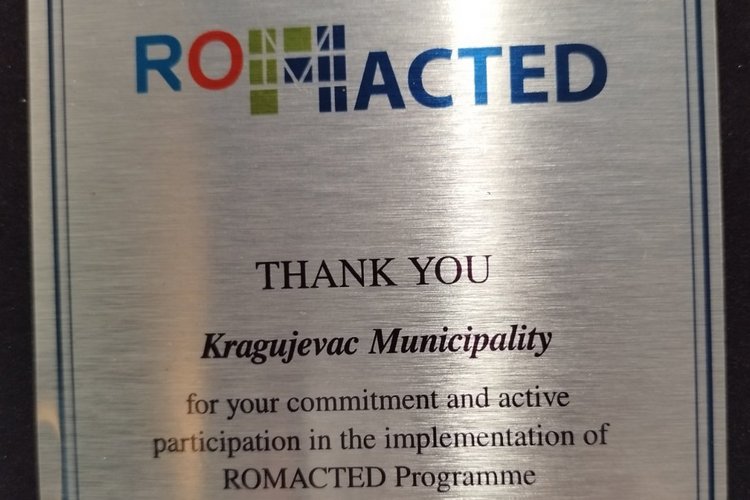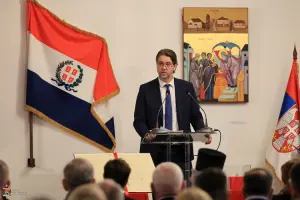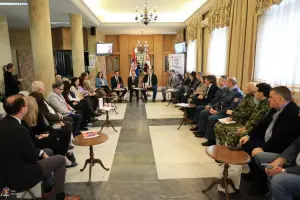Closing Conference on the implementation of the joint programme "ROMACTED II" of the European Union and the Council of Europe which took place in Istanbul was attended by the Minister for Human and Minority Rights and Social Dialogue Mr. Tomislav Žigmanov, as well as by the representatives of 13 cities and municipalities from Serbia. The delegation of the City of Kragujevac was led by Mrs. Gordana Damnjanović, Assistant to the mayor for health and social protection, human and minority rights, who received a Certificate of appreciation for the commitment and active participation of the City of Kragujevac in that programme.
As part of the programme, the City received a Certificate of appreciation for its contributions, including initiatives aimed at supporting Roma students, as well as organizing of workshops for professional development and psychological support. Kragujevac stands out not only for the inclusion of the Roma community, but also for its approach to education, employment and other important services, said Mrs. Gordana Damnjanović. Support programmes for high school students and workshops to increase employability, which have already brought results, were particularly praised. With such activities, Kragujevac continues to be an example of a local community that creates conditions for equality and inclusion, contributing to the improvement of the quality of life of the Roma population, said Mrs. Damnjanović.
The meeting in Istanbul was another opportunity to consider everything that has been achieved and also to consider the challenges faced by the Roma people in the Western Balkans and in Turkey. Presenting the results of the programme in Serbia, Minister Žigmanov said that 113 activities were implemented at the central level, including the launching of the programme, workshops and various activities to mark the International Roma Day on April 8. The programme included 696 activities at the local level. Within the programme, 41 local action groups were established, with a total of 311 members, as well as 13 institutional working groups, in which 199 members participated.
The "ROMACTED II" programme, as Minister Žigmanov concluded, laid the foundations for significant changes in the lives of the Roma people, empowering them and enabling them to actively participate in social life, as well as in decision-making processes.



